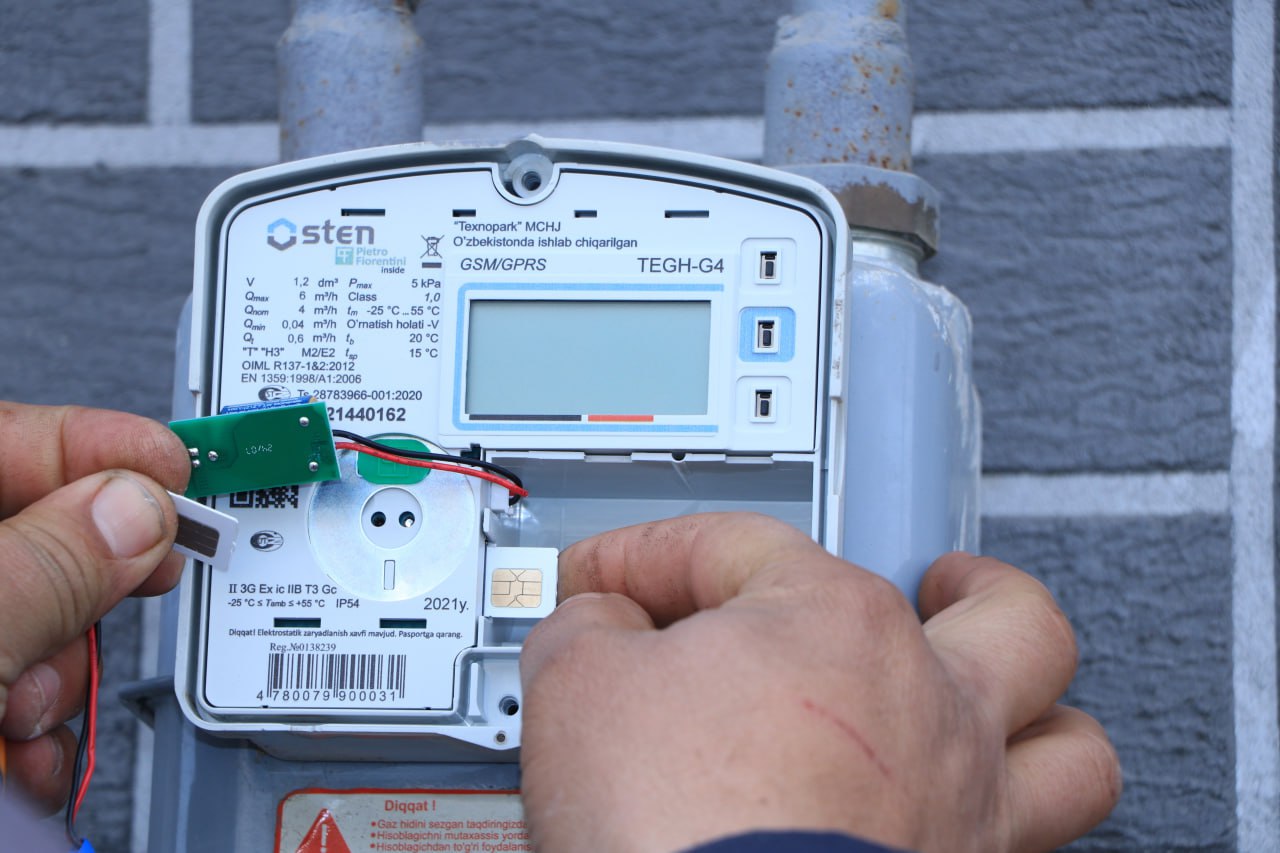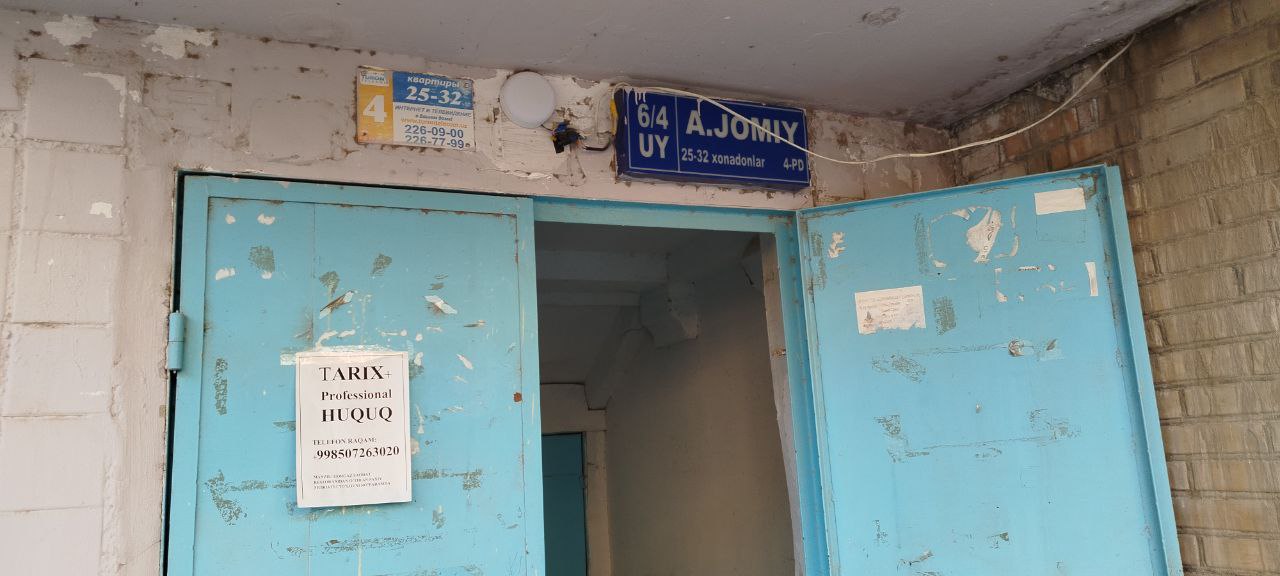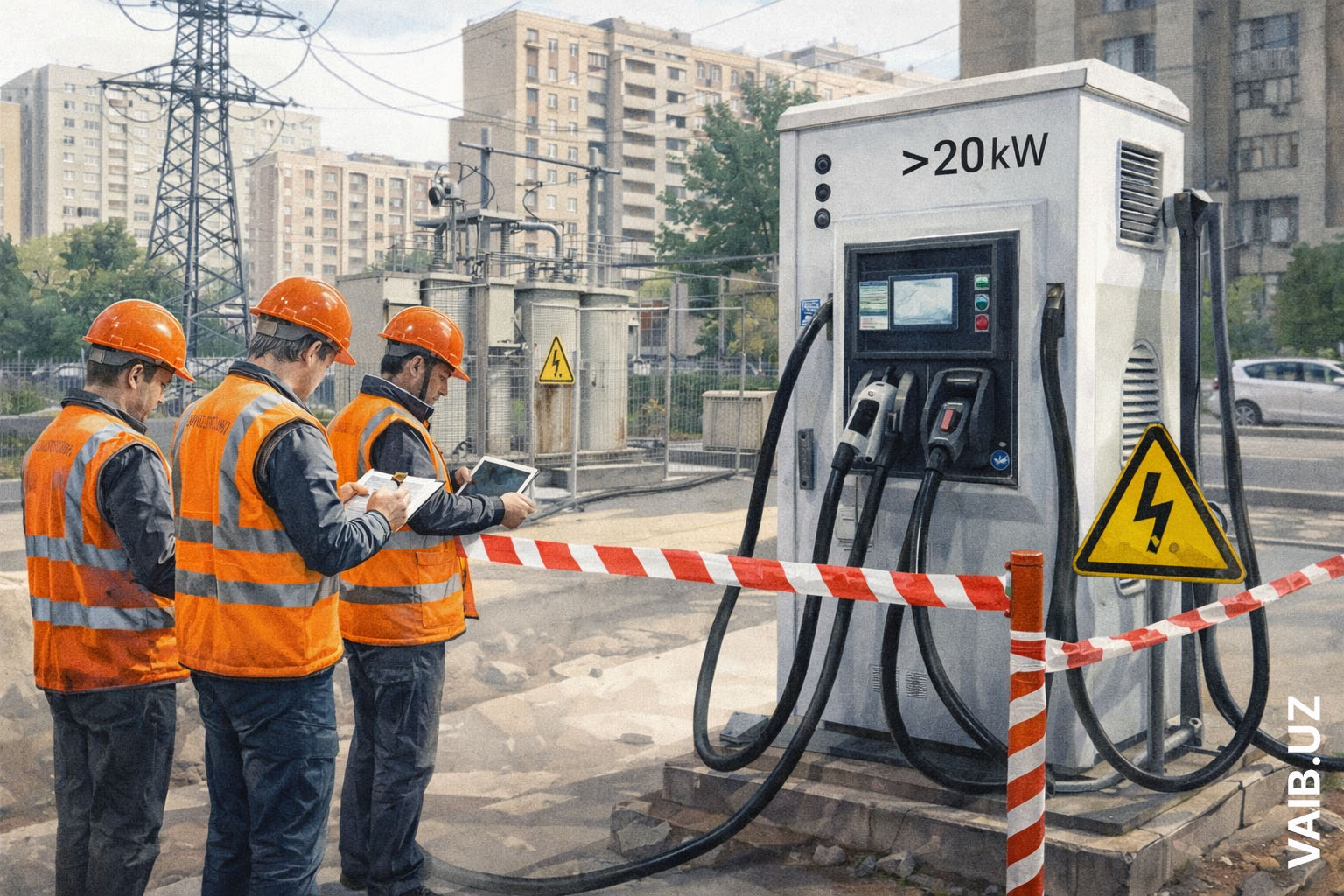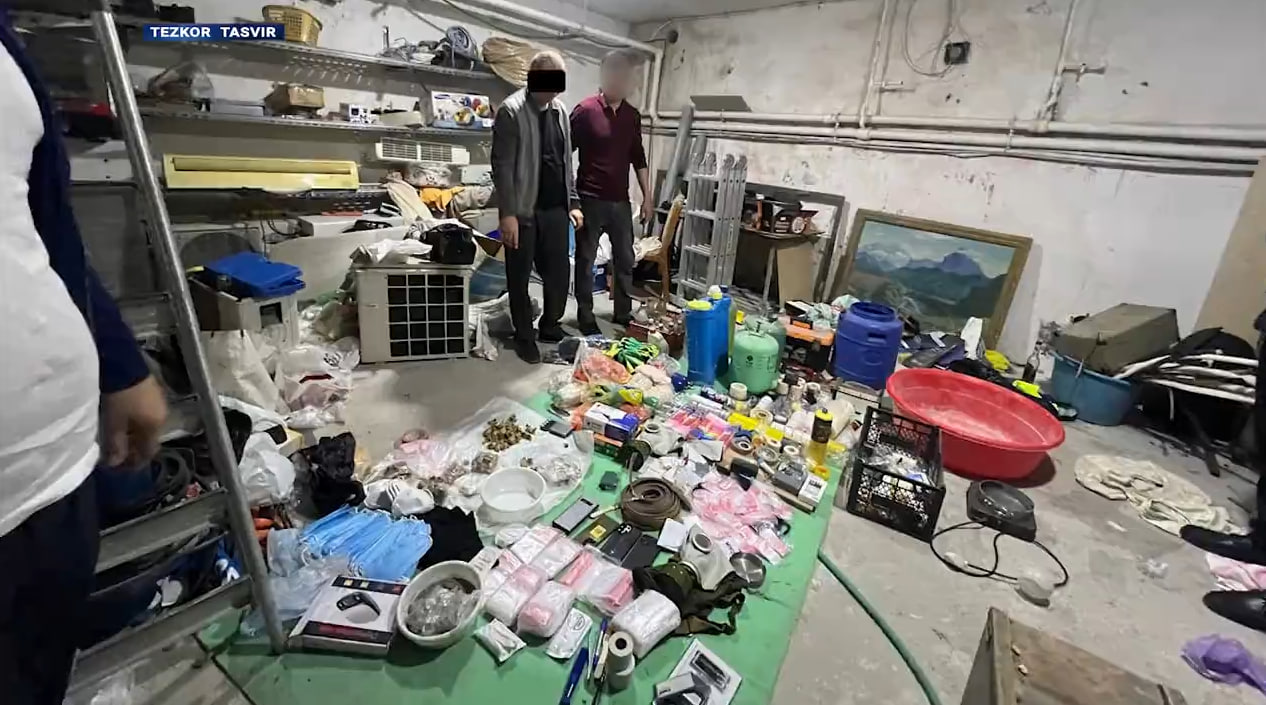Жители Узбекистана продолжают жаловаться на проблемы с батарейками в газовых счётчиках. Главная претензия заключается в том, что, когда батарейка выходит из строя, счётчик перестаёт отправлять данные в систему. Многие опасаются, что после замены батарейки данные за несколько месяцев будут учтены за один день, что приведёт к превышению социальной нормы и лишним расходам.
В компании «Худудгазтаминот» попытались развеять эти опасения. Там заверили, что данные дневного и почасового потребления газа сохраняются в памяти счётчика в течение трёх месяцев (90 дней). Если из-за неисправности данные не передаются в систему, после устранения проблемы информация будет автоматически распределена по соответствующим датам.
Но что дальше?
Компания рекомендует пользователям регулярно сверять показания счётчика и личного кабинета. Если данные не совпадают или счёт не изменяется, «Худудгазтаминот» советует обращаться по короткому номеру 1104 или к газовому сотруднику своей махалли.
В компании также заявили, что специалисты проводят мониторинг счётчиков с проблемами батареи или связи. Это, конечно, обнадёживает, но возникает логичный вопрос: почему вообще возникают такие массовые проблемы?
Техническая неполадка или системный сбой?
Однако «Худудгазтаминот» так и не дал ответ на главный вопрос: почему батарейки выходят из строя раньше положенного срока? Согласно техническому паспорту, батареи модуля передачи данных должны работать от 5 до 8 лет (в зависимости от модели счётчика), а батарея основного модуля рассчитана на 10–15 лет эксплуатации.
Массовая установка газовых счётчиков в Ташкенте началась в 2020 году, но уже в 2024 году пользователи массово жалуются на выход из строя батарей. Получается, что батарейки не выдерживают даже минимального гарантийного срока?
Если это системная проблема, связанная с браком или техническими неполадками, то впереди Узбекистан ждёт массовая замена батарей у миллионов потребителей. Возникают очевидные вопросы: справится ли «Худудгазтаминот» с таким объёмом работы? Есть ли у компании достаточный запас батареек? Почему массовый выход из строя батареек наблюдается уже спустя 3–4 года после установки?
Компании необходимо не только устранять текущие проблемы, но и дать чёткие ответы на вопросы о причинах массовых сбоев. Нужно установить, связана ли проблема с качеством оборудования или неправильной эксплуатацией, а также разработать план действий на случай, если массовая замена батарей действительно станет неизбежной.
Пока «Худудгазтаминот» просит потребителей быть внимательными и сверять данные, но остаётся открытым вопрос: насколько устойчивой окажется система в ближайшие годы? Ведь миллионы потребителей не могут стать заложниками технических неполадок. Без ответов на эти вопросы потребители будут продолжать сомневаться в надёжности системы и справедливости начислений. А это уже удар по репутации «Худудгазтаминот».





















Опять «пять на пять двадцать пять»! Причем здесь “Худудгазтаминот”? Главная причина это «Узтандарт», Институт метрологии и стандартизации. Организация «хромая на обе ноги»! Если бы испытания батареек счетчика производились как положено, они показали бы их несостоятельность на такой длительный срок. Если специалист проводивший метеорологические испытания «быстро выходящий из строя», то и батарейки тоже будут быстро выходящими!.. Когда научимся решать проблемы «в корне», раз и навсегда! Нет, любим по несколько раз возвращаться к одной и той же проблеме. У нас точно безработными не будешь!…
Вы поинтересуйтесь кто выпускал эти счетчики и все сразу станет понятно.